When it comes to finding the perfect plain T-shirt, selecting the right brand can make all the difference in terms of quality, fit, and style. From the ultra-soft comfort of premium cotton blends to the durable and versatile options that withstand the test of time, the market offers a variety of standout brands catering to every budget and preference. Whether you seek sustainable materials, innovative design elements, or a classic cut, the selection is vast and varied, ensuring there’s something for everyone. To explore some of the best brands offering high-quality plain T-shirts that deserve a spot in your wardrobe, read on below.
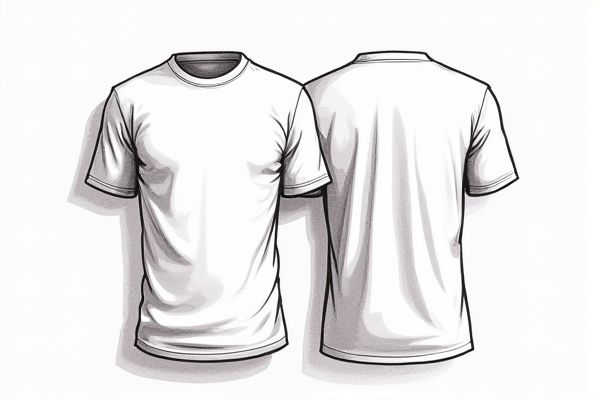
Illustration of plain tshirts
Best brands of plain tshirts in 2025
Uniqlo
Uniqlo is renowned as one of the best producers of plain t-shirts, known for its high-quality, affordable, and innovative apparel. The brand's success is attributed to its in-house product planning, design, manufacturing, and distribution capabilities, allowing for efficient supply chain management and cost savings. Uniqlo's market share in the Japanese men's and women's market has reached 18.2% and 16.0%, respectively, as of 2022. The brand's focus on core products, such as its signature HeatTech, LifeWear, and AIRism technologies, sets it apart from competitors. With over 2,250 stores in 25 countries, Uniqlo has established a strong global presence, particularly in Asia, Europe, and the US.
H&M
H&M is a leading producer of plain t-shirts, renowned for its commitment to sustainability and transparency in its supply chain. The company collaborates with over 574 commercial product suppliers in more than 1,027 tier 1 factories globally, with China and Bangladesh serving as the largest production markets. Approximately 1.4 million people are employed by these supplier factories, with 63% of them being female. H&M has been disclosing its supplier list since 2013, ensuring transparency and accountability. The company aims to integrate sustainability throughout its product life cycle, from the responsible use of natural resources to ensuring good working conditions at suppliers' factories.
Everlane
Everlane is renowned for its high-quality, sustainable, and transparent approach to producing plain t-shirts. Founded in 2010, the company commits to radical transparency, showing customers the exact cost of production and markup for each item. Everlane's t-shirts, such as the Organic Cotton Tee, are made from sustainable materials and come in various sizes, including extra small for shorter men, ensuring a perfect fit. The company has pledged to eliminate virgin plastic by 2021 and has launched lines like ReNew, made from recycled plastic bottles. With a strong focus on ethical sourcing and environmental sustainability, Everlane stands out as a leader in the fashion industry.
Hanes
HanesBrands is a global leader in manufacturing basics and innerwear, with Hanes being the leading basic apparel brand in the United States, found in 9 out of 10 American households. The company is renowned for its comfort, quality, and value, particularly in the production of plain T-shirts, a category where it has a significant market share. In 2019, Hanes held a 2.5% share of the U.S. apparel market, more than double that of its direct competitor Fruit of the Loom. Hanes is also the leader in the $36 billion global men's underwear market, with a 7.5% worldwide market share and 36.0% market share in North America. The brand's innovations, such as Tagless, ComfortBlend, and X-Temp, have further solidified its position in the market.
Fruit of the Loom
Fruit of the Loom is a renowned brand in the apparel industry, particularly known for its high-volume sales and quality plain t-shirts. Over the past four years, the brand has sold an impressive 40 million tees, solidifying its position as a top seller in the U.S. for men's T-shirts and men's sweatpants. Despite primarily using cotton and minimal polyester blends, Fruit of the Loom remains a favorite for its classic products and environmentally friendly initiatives. The brand's strength lies in retail, where it often holds the top position within its categories. Its efforts to modernize and appeal to younger shoppers include growing its digital presence and collaborating with young celebrities. To explore how Fruit of the Loom is refreshing its brand to appeal to younger shoppers, access their latest marketing strategies online.
Bella+Canvas
Bella+Canvas is a leading manufacturer of premium wholesale apparel, particularly renowned for its high-quality, stylish, and eco-friendly plain t-shirts. The company, founded in 1992 by Dan Harris and Marco DeGeorge, has become the largest manufacturer of T-shirts in North America and even pivoted to produce up to 100 million non-medical face covers per week during the COVID-19 pandemic. Bella+Canvas uses 100% combed and ring-spun cotton, such as in their popular 3415C model, ensuring a soft, smooth, and long-lasting fabric. Their products feature modern, fitted designs and are made with sustainable practices, including eco-dyed materials and 100% scrap recycling. This commitment to quality and sustainability has helped Bella+Canvas achieve a significant market presence and a 212% rise in sales through effective marketing strategies. For more details on their high-quality apparel, visit the Bella+Canvas website.
Gildan
Gildan is a leading producer of plain t-shirts, boasting an impressive 80% market share in the U.S. printwear industry. The company has seen significant growth, with a 17.8% increase in t-shirt unit sales in the fourth quarter, outpacing industry growth of 1.6% and gaining a 50 basis point improvement in market share to 30.1%. Gildan's low-cost production and distribution process, coupled with its vertically integrated structure, allows it to maintain a competitive edge, selling t-shirts to distributors for approximately $1.3 to $1.5 each, significantly lower than its competitors. The company produces around 1.2 billion shirts annually and has invested in improving its machinery and automation, particularly in its factories in Central America and Bangladesh. Gildan's recovery from the pandemic has been strong, with demand for imprintables rebounding and the company achieving operating margins of 23-26% in its Printwear segment.
J.Crew
J.Crew is renowned for its high-quality apparel, particularly its plain t-shirts, which are crafted with meticulous attention to design, fabrics, and craftsmanship. In fiscal 2005, J.Crew saw an 18.5% increase in revenues, reflecting the brand's strong market presence and customer satisfaction. The brand's focus on using fabrics from renowned European mills and designer-level fabric houses ensures a superior product. As of 2006, J.Crew operated 164 retail stores and 45 factory stores, further expanding its reach. With a strong online presence, J.Crew's website logged over 64 million visits in fiscal 2005, a 33% increase from the previous year.
American Apparel
American Apparel, by 2007, had established itself as the largest T-shirt manufacturer in America, notable for its "Made in the USA" products. The company was one of the few clothing companies exporting domestically manufactured clothing, with sales of about $125 million of such products outside of the U.S. American Apparel's success was largely due to its focus on basics like plain T-shirts, which were popular among both consumers and screenprinters. Despite its later controversies, the brand's impact on the apparel industry was significant. Its commitment to domestic manufacturing set it apart in a market dominated by imports. For a detailed exploration of the company's evolution, visit The Rise and Fall of American Apparel.
ASOS
ASOS is renowned as one of the top producers of plain t-shirts, boasting a vast customer base of over 23 million active users, with 40% located in the UK. In 2023, despite a 9.9% decline in revenue to £3.54 billion, ASOS still managed to process 83.7 million orders, highlighting its strong market presence. The company's revenue has historically shown significant growth, with a peak of £3.93 billion in 2022. ASOS's strategic initiatives, such as enhancing customer engagement and operational efficiency, have contributed to sales growth, particularly in regions like Ireland and the Netherlands, where sales rose by 6% year over year. However, the company faced challenges, including an operating loss of £248 million in 2023, its largest annual loss to date. For more information, visit the ASOS website.










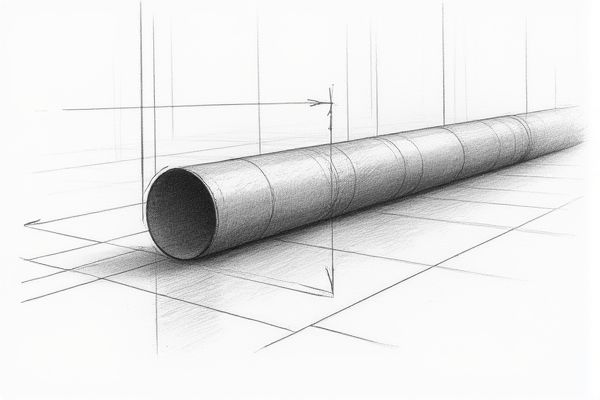
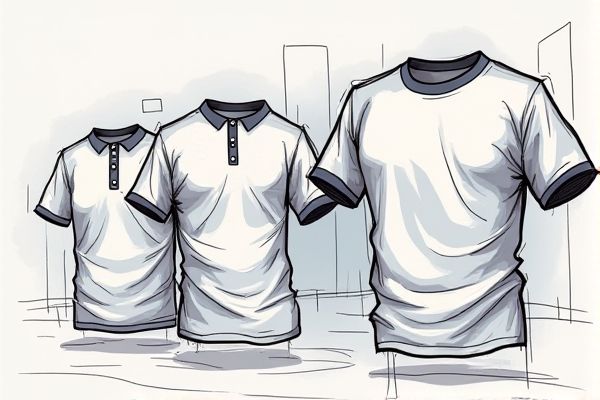


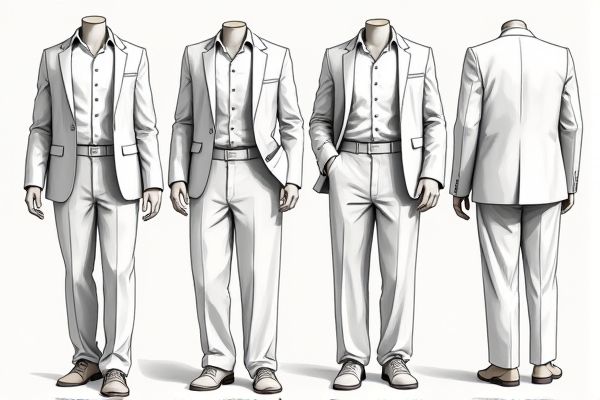
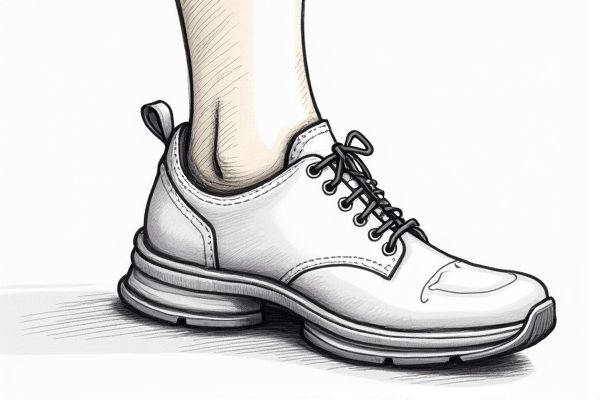
Leave a Reply
Your email address will not be published.